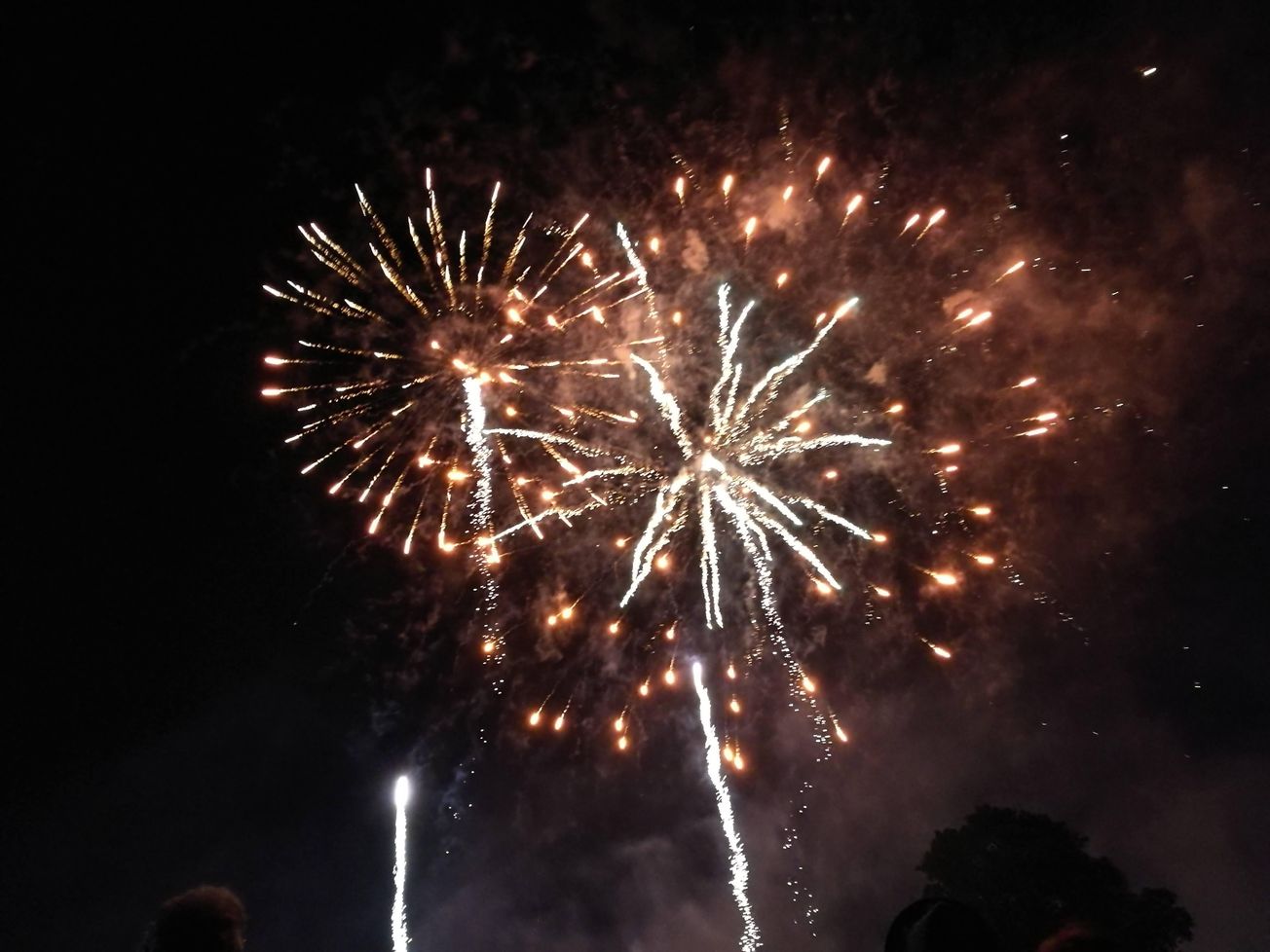By Holly Beaumont, Features Investigations Editor
Humans engage in a lot of things at the expense of animal safety and well-being. Eating meat, deforesting their homes for agriculture, turning them into clothes, to name a few. But one thing that is not talked about nearly enough are the harmful effects that our lavish firework displays have on animals and wildlife.
If you are a pet owner it is likely that you dread the arrival of November 5th just like I do. Guy Fawkes night which typically extends over several days means discomfort, anxiety and potential health scares for our animals.
And for us, it might mean having to hold them and try to calm their trembles or enduring their loud cries all evening without any means to help them.
However, the sad truth remains that if this is all you experience, you are actually fortunate. When many animals undergo heart attacks due to shock, it seems a luxury that mine is only shaking in fear.
As humans, how can we justify this? How can we prioritise 20 something minutes of entertainment, knowing that we are putting animals under great distress and in some cases, bringing about their deaths?
It was revealed yesterday that the fireworks caused a huge tragedy in the heart of Bristol. A baby Zebra was born during the first Lockdown at Noah's Ark Zoo Farm and was fittingly named Hope as they saw her birth as a beacon of hope during a tough time.
There are also several petitions that have garnered a groundswell of support, in favour of alternatives to the usual displays
The zoo announced that Hope is thought to have been killed by being startled by the loud firework displays on November 4th.
While the intention of those who put on local displays is clearly not to terrorize animals, unfortunate happenings like this urge us to be more aware of the ramifications of the Bonfire night fireworks.
While I understand that this year has brought little reason to celebrate and people are yearning for celebration, this should not be at the expense of animal safety. It seems there are many solutions that could be put into place to combat this problem and had they been enacted sooner, Hope might have survived the season.
Perhaps we will see a turn-around in the amount of firework displays on New Year’s Eve
In fact, Bristol Zoo are imploring people to make other arrangements in place of their typical fireworks and to bear in mind how these might affect animals. One suggestion they are championing is silent fireworks or anything that might be more animal-friendly.
There are also several petitions that have garnered a groundswell of support, in favour of alternatives to the usual displays. For example, one petition on the UK government and parliament website is proposing that we bring about a limit to the sale and use of fireworks.
This proposition seems very reasonable as it does not suggest the total banning of fireworks but simply proposes that we lessen their prevalence to lessen the unnecessary distress caused to animals.
Opinion | It is possible for us to have different political leanings and still be friends
University U-turn on decision to use bursaries to offset outstanding rent payments
This issue is even more pressing with the imminence of New Year’s Eve. Given the prominence of fireworks on this occasion, it is another tricky night for pet owners and animals.
If enough people can learn from this Bonfire night tragedy, perhaps we will see a turn-around in the amount of firework displays on New Year’s Eve and consequently, no tragic losses for the start of 2021.
Bristol Zoo are understandably grieving the loss of their eight-month-old Zebra and it seems that the only way to ensure that Hope’s death is not in vein, is to make the necessary changes to the way we choose to celebrate events in the future.

Featured Image: Epigram / Georgiana Scott
Do you think firework displays cause more harm than good?









